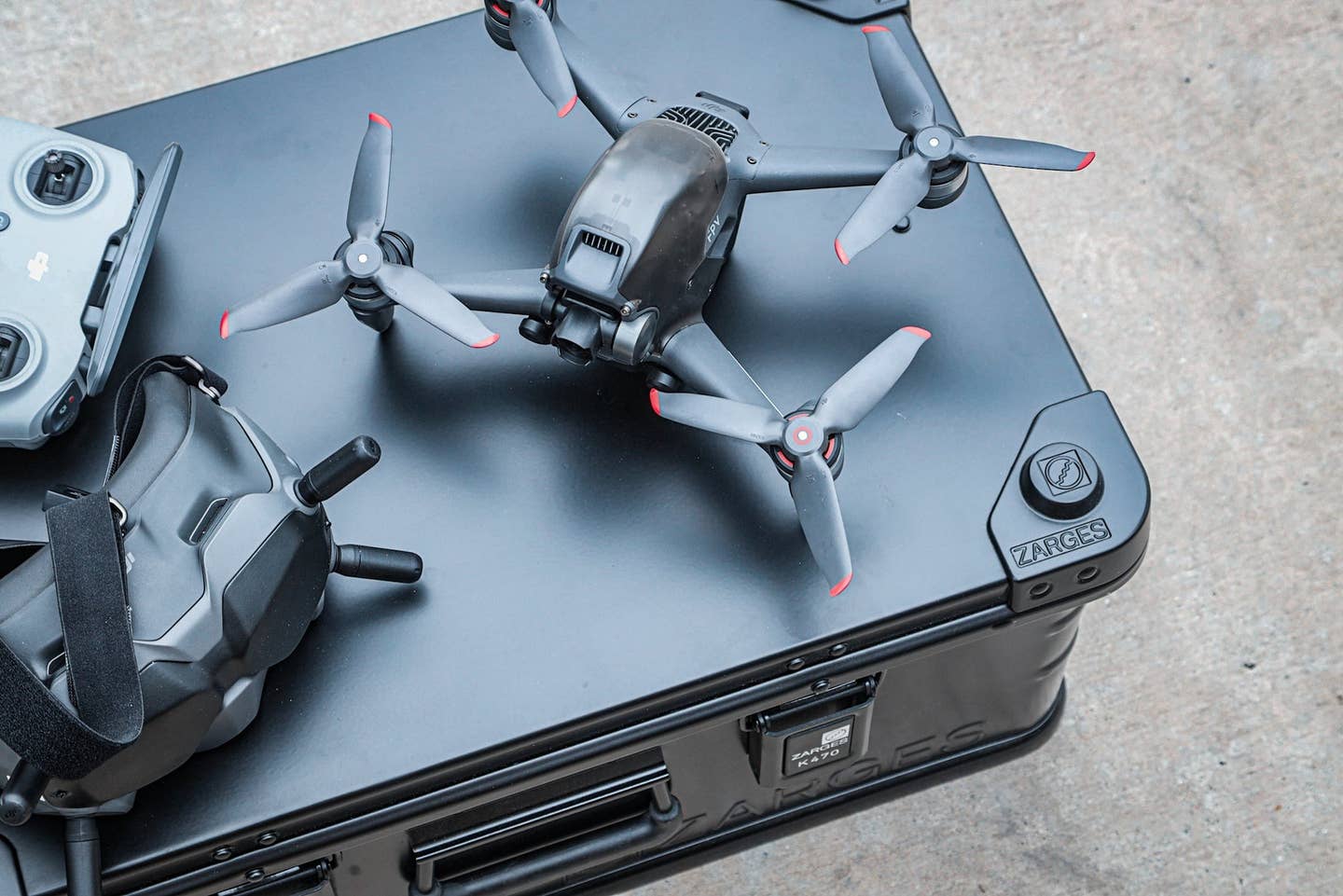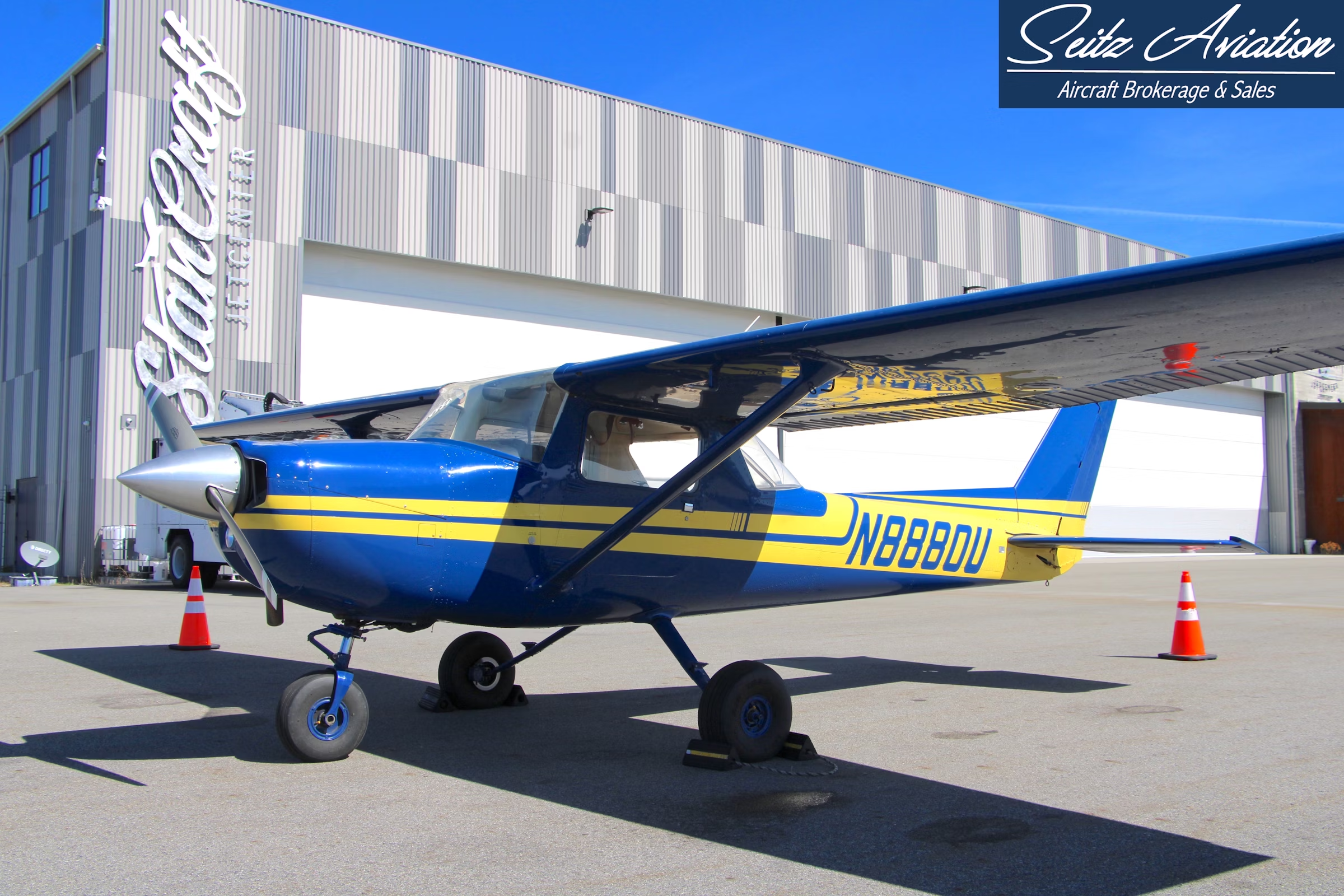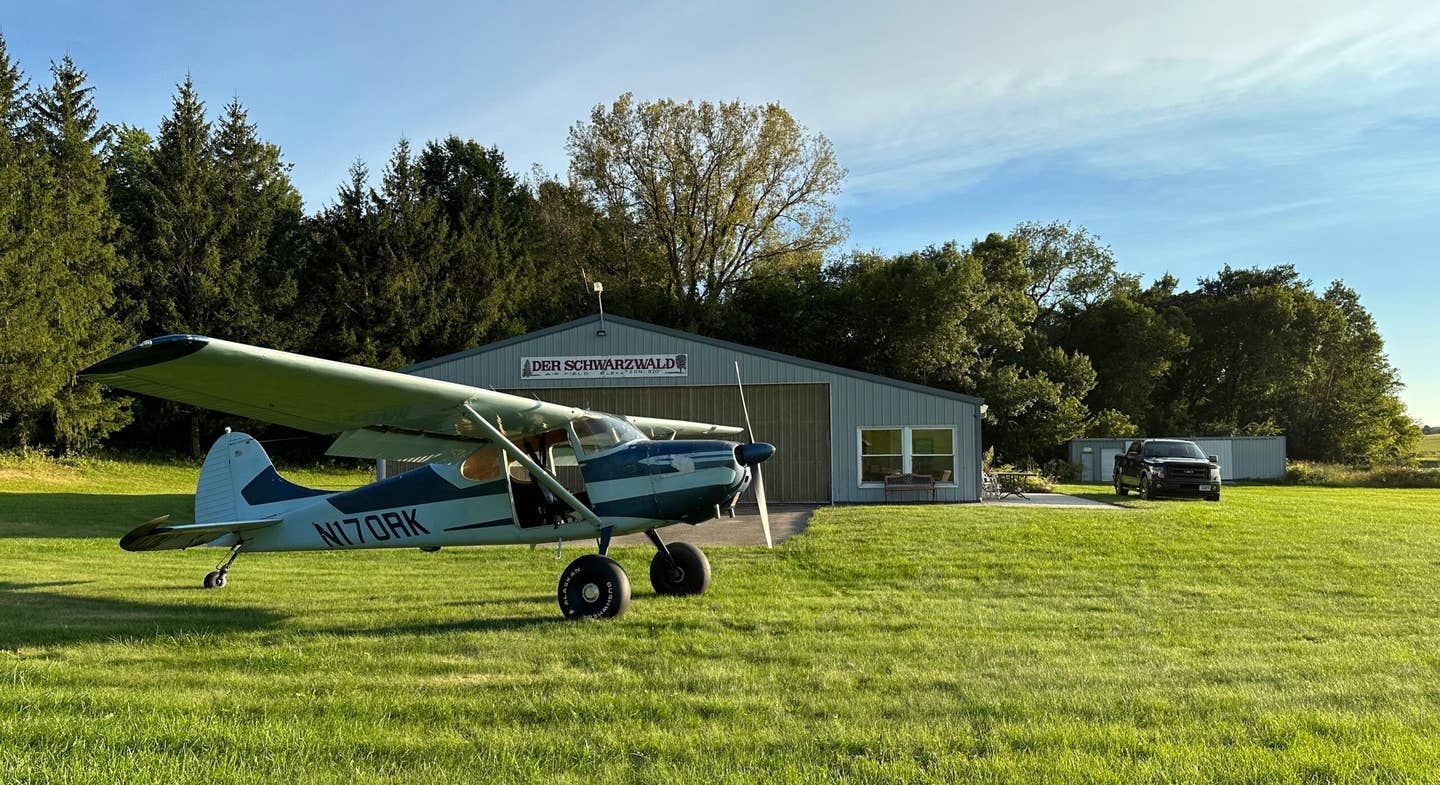
A survey that asked corporate pilots how their flight departments have altered security practices since the 9/11 terrorist attacks suggests that, in general, corporate flight department security practices have changed little. The survey, conducted by Aviation Marketing Consultants-a sister company, Aircraft Security and Alert Systems, sells aviation security devices-asked 55 corporate pilots based at 42 airports around the world about their day-to-day security procedures, and from the results the consultants concluded that the flight departments consider themselves generally immune to acts of terrorism and other criminal activities.
The survey found that many flight departments have not dramatically altered their security practices at their base. For example, while home hangars are more likely to be locked than before, the number of hangar keys in circulation has not decreased. Also, while the number of new aircraft delivered with high-security locks is increasing, few flight departments are installing high-security locks on their current airplanes.
In addition, the results of the survey reveal that corporate flight departments have not embraced more stringent screening processes. Among the flight departments that participated in the survey, no more than 60 percent screened passengers, and less than half screened baggage. Finally, less than half of the operators reported any kind of employee screening.
The authors of the survey point out that many security practices require only procedural changes, not additional expense, and that it behooves flight departments to voluntarily change practices without waiting for a federal mandate to do so.

Sign-up for newsletters & special offers!
Get the latest FLYING stories & special offers delivered directly to your inbox






